Latest News
Top 5 Open Source AI Solutions for Image Processing
 Reading Time: 4 minutes
Reading Time: 4 minutes
A few decades or even years ago, self-driving cars and computers with a human-like vision were just a figment of the fantasy writer’s imagination. But today, Artificial intelligence (AI) technologies allow cars to drive safely across busy streets and computers to interpret pictures almost like humans do.
Developers have made impressive progress on how to implement AI on image processing tasks. Furthermore, image processing solutions with AI are widely used in various fields, from medicine to law enforcement to cybersecurity and retail.
AI and machine learning make it possible for the machines to inherit new functionalities through the process of learning. Similarly to small kids, machines can gain the ability to acquire and understand visual information by processing massive amounts of images. To process so much data faster without compromising the final result, developers use image processing models based on machine learning and deep learning algorithms.
In particular, image processing and computer vision solutions use deep learning for accomplishing such complex tasks as:
- Image classification
- Object recognition
- Object tracking
- Image generation
- Image retrieval
To implement some computer vision functionalities into your product, you’ll need a large set of tools and resources: image datasets, libraries with code samples, frameworks for creating and training deep learning models. Fortunately, there are a lot of open-course services that you can use to make machine learning less of a mystery and ease the development of your own AI-based image processing solution.
Below, we take a closer look at the five best open source image processing solutions that you can apply to your projects:
- OpenCV
- TensorFlow
- Keras
- Caffe
- Google Colab
Let’s get started!
OpenCV
Open Source Computer Vision Library (OpenCV) is one of the most popular open source services for image processing. It’s a free computer vision library that you can use to perform various image processing tasks:
- Image acquisition
- Image compression and decompression
- Image enhancement and restoration
- Image denoising
- Image segmentation
- Data extraction, and more
The library includes numerous algorithms and functions as well as special modules aimed at image processing tasks. Starting from the library version 3.1, there’s also a deep learning module for building and training deep learning models.
With this module, you can use OpenCV to extract features from processed images, and then apply a machine learning model using one of the supported machine learning frameworks.
As of today, OpenCV supports a number of popular frameworks, including TensorFlow, PyTorch, and Caffe. The list of supported types of neural networks includes convolutional, deconvolutional, and recurrent neural networks.
The library is written in C++ and supports C++, Java, Python, and MATLAB interfaces.
TensorFlow
TensorFlow is an open-source machine learning framework created by Google. Initially, the project was started for research purposes of the Google Brain team. Today, however, TensorFlow is widely used by both small startups and large companies such as Dropbox, Intel, and Twitter.
You can use TensorFlow to process different types of data, but in relation to image processing, this framework works best for:
- Image classification
- Image recognition
- Image segmentation
- Image to image translation (pix2pix)
TensorFlow includes a set of libraries for creating and training custom deep learning models and neural networks. The framework supports Jupyter notebooks and provides a style guide with recommendations on writing readable, consistent code.
TensorFlow supports several popular programming languages, including C++, Python, Java, Rust, and Go. However, you can install third-party bindings for other languages, such as Ruby, Scala, or PHP.
Keras
Keras is an open-source Python library for creating deep learning models. It’s a great solution for those who only begin to use machine learning algorithms in their projects as it simplifies the creation of a deep learning model from scratch. Keras is easy to manage and it is suitable for fast and simple prototyping of different types of neural networks.
The library was built on TensorFlow and is currently fully integrated into the framework. This means that you can write your deep learning model in Keras, as it has a much more user-friendly interface, and then easily implement a specific functionality or feature from TensorFlow in this model.
Keras can also be deployed on top of other popular AI frameworks such as Microsoft Cognitive Toolkit and Theano.
Caffe
Convolutional Architecture for Fast Feature Embedding (Caffe) is an open-source framework that can also be used for creating and training popular types of deep learning architectures. You can use Caffe to accomplish such tasks as image classification, segmentation, and recognition.
Caffe is written in C++ but it also has a Python interface. The framework supports both CPU- and GPU-based accelerated libraries such as NVIDIA cuDNN and Intel MKL. The framework also has a special database, Caffe Model Zoo, containing a set of pre-trained deep learning models. As of today, it offers four BAIR-trained models:
- BAIR Reference CaffeNet
- BAIR Reference R-CNN ILSVRC-2013
- BAIR AlexNet
- BAIR GoogLeNet
Model Zoo also includes a number of community models trained by other Caffe users. As for the types of supported neural networks, Caffe works best with convolutional neural networks (CNN) and feedforward networks. At the same time, it’s not the best choice for training recurrent neural networks.
In 2017, Facebook launched Caffe2, an open-source framework for training and deploying deep learning models. And in 2018, Caffe2 was integrated with another popular AI framework, PyTorch.
Caffe2 comes with C++ and Python APIs and supports all popular platforms.
Google Colaboratory (Colab)
Google Colaboratory, or simply Colab, is one of the top image processing services. While it’s rather a cloud service than a framework, you can still use Colab for building custom deep learning applications from scratch. With the help of Colab, you can perform such image processing tasks as image classification, segmentation, and object detection.
Google Colab eases the use of other popular AI-based tools such as OpenCV, TensorFlow, and Keras. The service uses Jupyter Notebooks, helping developers to share their knowledge, tips, and best practices on building AI-based applications. Plus, in contrast to other similar services, Colab offers free usage of both CPU- and GPU-based acceleration.
Conclusion
Machine learning models and algorithms help developers implement specific image processing functionalities into their products both quickly and easily. However, building a custom machine learning model or neural network requires lots of resources and a high level of technology expertise. With the help of the listed open-source tools, libraries, and frameworks, you can simplify the process of leveraging Artificial Intelligence technologies to your benefit.
This article is a contribution from Marcell Gogan. Marcell is a specialist within digital security solutions, business design and development, virtualization and cloud computing, R&D projects, establishment and management of software research direction – working with Ekran System. He also loves writing about data management and cybersecurity.
Source: Latest News on European Gaming Media Network
This is a Syndicated News piece. Photo credits or photo sources can be found on the source article: Top 5 Open Source AI Solutions for Image Processing

Latest News
PRAGMATIC PLAY DELIVERS BRAND NEW DEDICATED LIVE STUDIO FOR BETSSON
Pragmatic Play, a leading content supplier to the iGaming industry, has expanded its partnership with Betsson Group to deliver an exclusive dedicated Live Casino studio featuring a mix of premium Blackjack and Roulette tables.
Incorporating all the fan-favourite features of Pragmatic Play’s Live Casino games, including multiplayer mode, chat functionality, and bet behind, the nine custom-built tables have been uniquely crafted to immerse players in the Betsson Group brands.
In total, eight new dedicated Blackjack tables and one new Roulette table will be broadcast from the custom-built live studio, every detail of which has been designed to Betsson’s precise requirements.
It is the latest dedicated studio to be delivered by Pragmatic Play, whose operator partners can also use Smart Studio to customise elements of the Live Casino titles to produce bespoke environments that showcase their brands.
Irina Cornides, Chief Operating Officer at Pragmatic Play, said: “Delivering a dedicated studio for Betsson marks another milestone for Pragmatic Play’s award-winning Live Casino offering. Betsson is a much-valued partner, and we are delighted to provide them with an immersive live environment that is fully dedicated to their brand.”
Chellyanne Cassar, Live Casino Manager at Betsson Group, added: “We are delighted to collaborate with Pragmatic Play to ensure delivery of a bespoke dedicated studio, where we can showcase our brand-new Blackjack and Roulette tables.
“The partnership highlights our shared commitment to delivering unparalleled gaming experiences, and we’re thrilled with the final results of the studio.”
The post PRAGMATIC PLAY DELIVERS BRAND NEW DEDICATED LIVE STUDIO FOR BETSSON appeared first on European Gaming Industry News.
Latest News
Evoplay bolsters presence in Lithuania with Betsafe deal
Evoplay, the award-winning game development studio, is expanding in the Baltics thanks to its latest tie-up with Betsafe in Lithuania.
The deal sees over 90 of the supplier’s leading titles live on the Betsson Group’s Lithuanian brand Betsafe, a leading operator in the market.
Included in the agreement are Evoplay’s top-performing titles such as Elven Princesses, Hot Triple Sevens and The Greatest Catch Bonus Buy which are now available for Betsafe players.
The latest integration follows a string of similar deals for Evoplay who has continued its expansion across regulated markets in Europe and beyond.
Ihor Zarechnyi, CBDO at Evoplay, said: “Integrating our products to Betsafe, a leading brand in Lithuania, is another important step in our commercial trajectory as our titles continue to grow in popularity and develop a stellar reputation among gaming enthusiasts worldwide.
“Lithuania is a vibrant and dynamic market, and we are thrilled to bring our award-winning content to even more players in the region.”
Aurimas Šilys, Head of Lithuania at Betsson Group, said: “Boosting our offering with a diverse array of titles is of utmost importance for Betsafe as we strive to deliver an unmatched gaming experience to players in Lithuania.
“We are delighted to integrate Evoplay’s dynamic portfolio into our offerings, and we anticipate it will resonate exceptionally well with our audience.”
The post Evoplay bolsters presence in Lithuania with Betsafe deal appeared first on European Gaming Industry News.
Latest News
EL Executive Committee Names Mr Ionut-Valeriu Andrei as New Member
The EL Executive Committee has named Mr. Ionut-Valeriu Andrei as its newest member during its meeting on April 5. Mr. Andrei is the General Manager of Loteria Română since 2022, and succeeds Mr. Olgierd Cieslik, whose term as CEO of Totalisator Sportowy (Poland) has concluded.
”It is with great pleasure to welcome Mr Ionut-Valeriu Andrei as a new Executive Committee member. As an experienced executive, Mr Andrei has already contributed in various ways to our Association and the EL Executive Committee members trust he will continue to do so in the future,” Arjan van ‘t Veer, Secretary General of EL, said.
Mr Andrei will oversee the learning and development activities of EL. His appointment underscores the further commitment of the European Lotteries to inclusivity and collaboration among its members.
”I am honoured to join the EL Executive Committee and look forward to working closely with my colleagues to advance the mission and values of the Association,” Ionut-Valeriu Andrei said.
Mr Andrei’s co-optation will be formalised during the upcoming EL General Assembly in Salzburg (Austria) on 17 June 2024.
The post EL Executive Committee Names Mr Ionut-Valeriu Andrei as New Member appeared first on European Gaming Industry News.
-

 Latest News2 months ago
Latest News2 months agoFairplay Exchange signs as new sponsor of Stephen Hendry’s Cue Tips
-

 Latest News2 months ago
Latest News2 months ago2 PEOPLE CAUGHT OPERATING ILLEGAL ONLINE GAMING SITE
-

 Latest News3 months ago
Latest News3 months agoWazdan partners with 711.nl for significant expansion in the Netherlands
-

 Latest News3 months ago
Latest News3 months agoPlaytech Extends Partnership with BoyleSports Until 2028
-

 Latest News3 months ago
Latest News3 months agoOneCasino Partners with Delasport to Also Conquer Sports Betting in the Netherlands
-

 Latest News2 months ago
Latest News2 months agoStarGames Named Premium Partner of the International ADAC Truck Grand Prix 2024
-
Latest News2 months ago
Casino Crypto Giant Bitline Partners with Ciphertrace for Enhanced Compliance in Digital Asset Transactions
-

 Latest News2 months ago
Latest News2 months agoSenet Platform Partners with Beamable





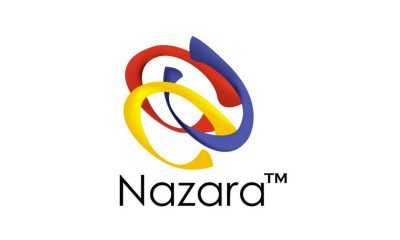



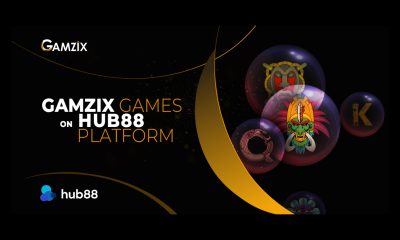

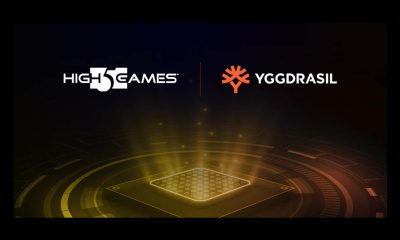

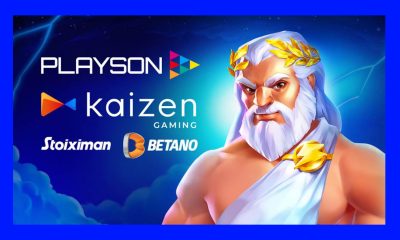




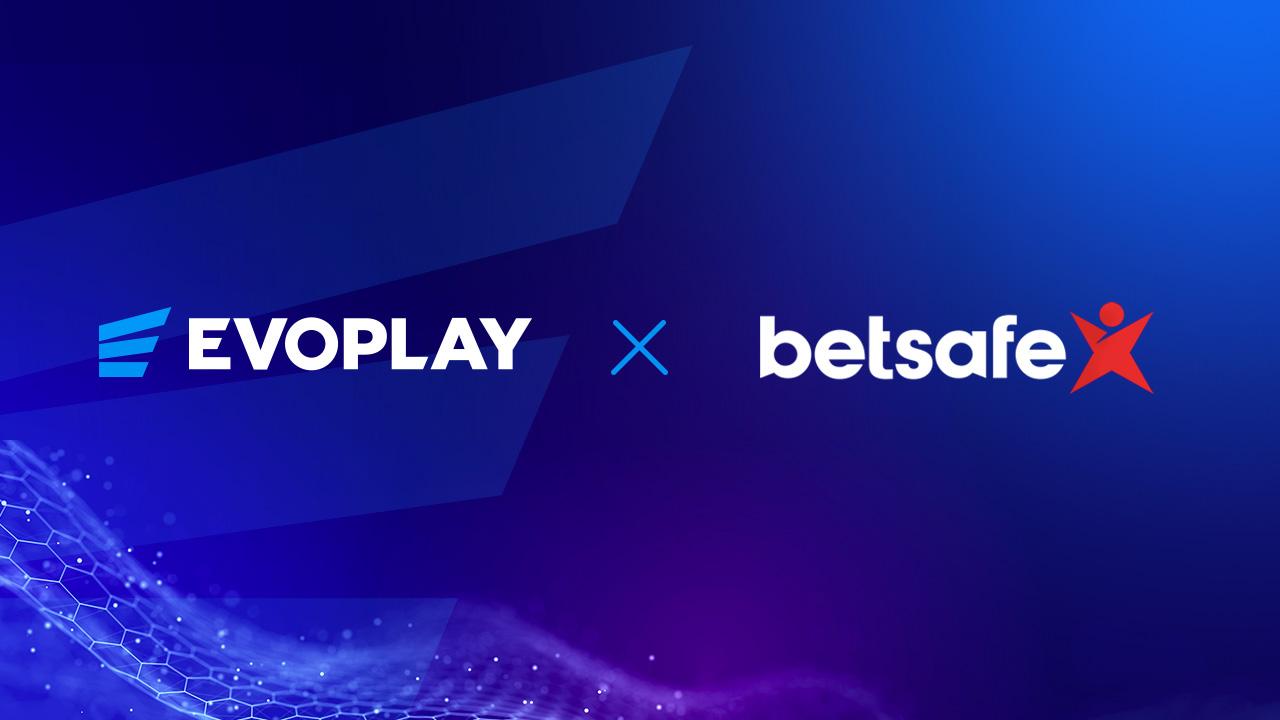

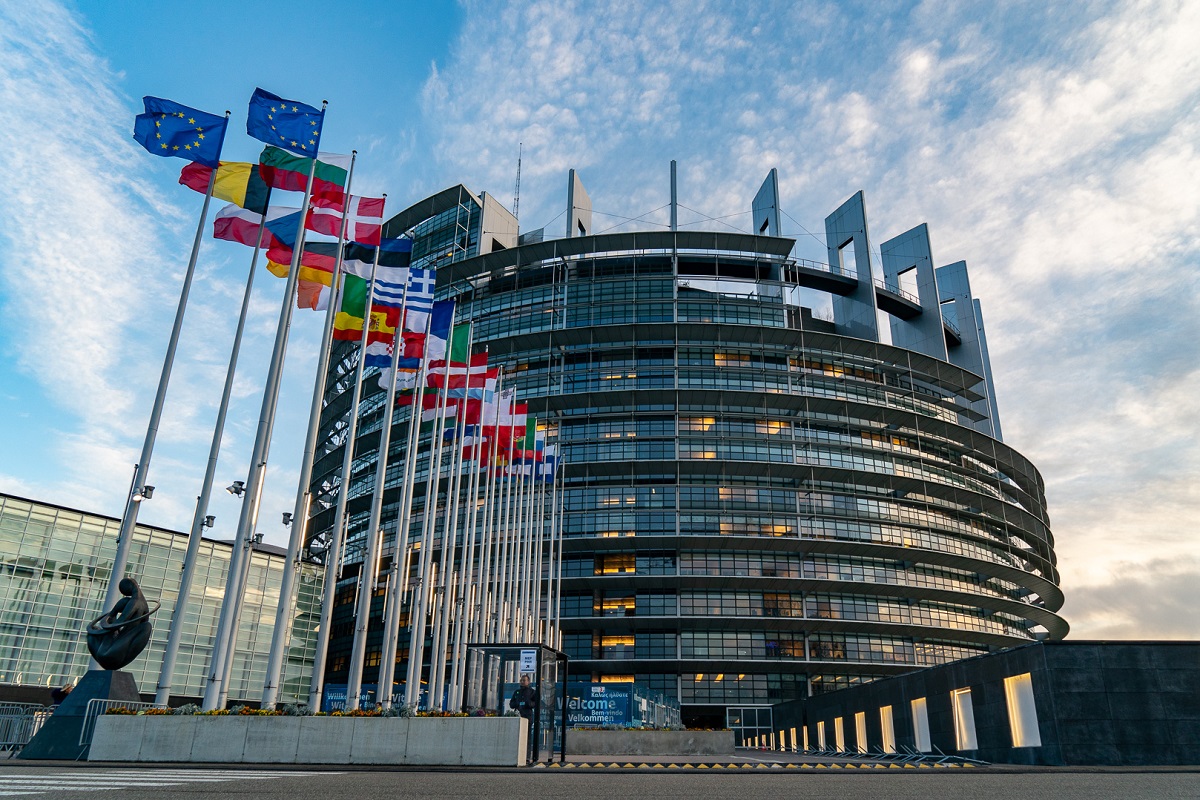
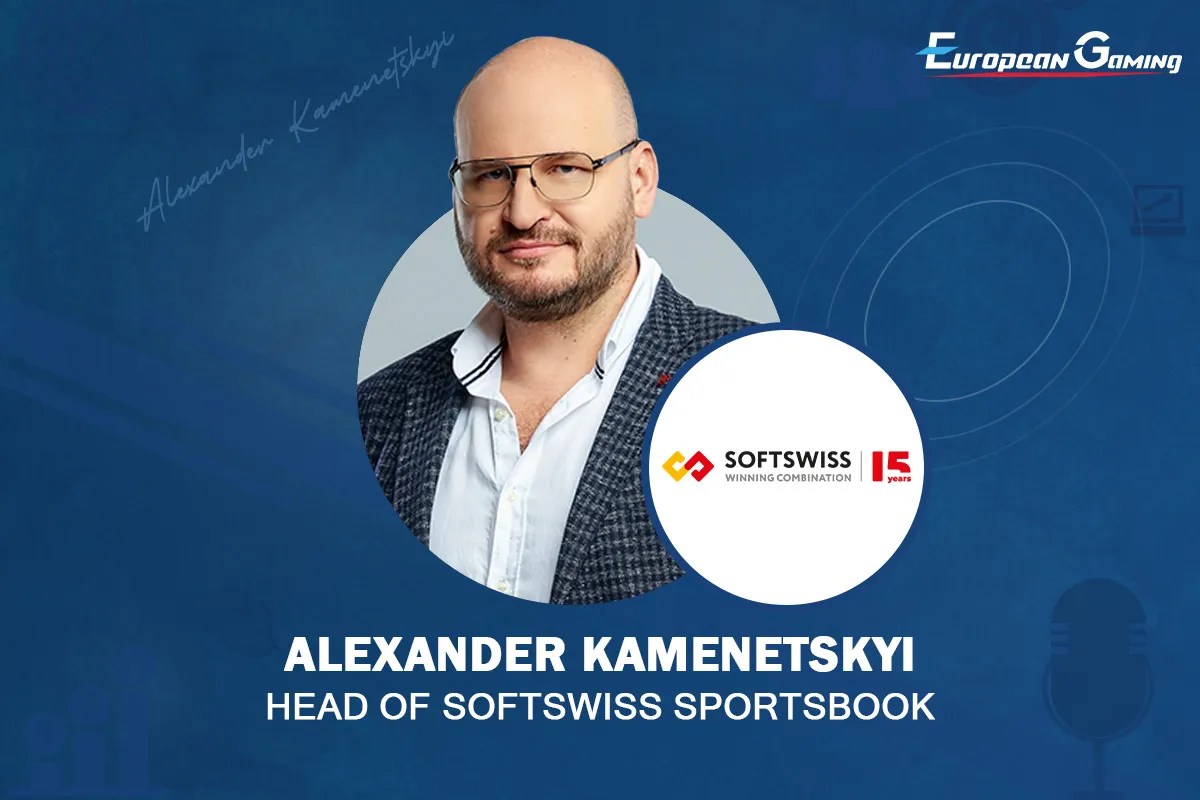
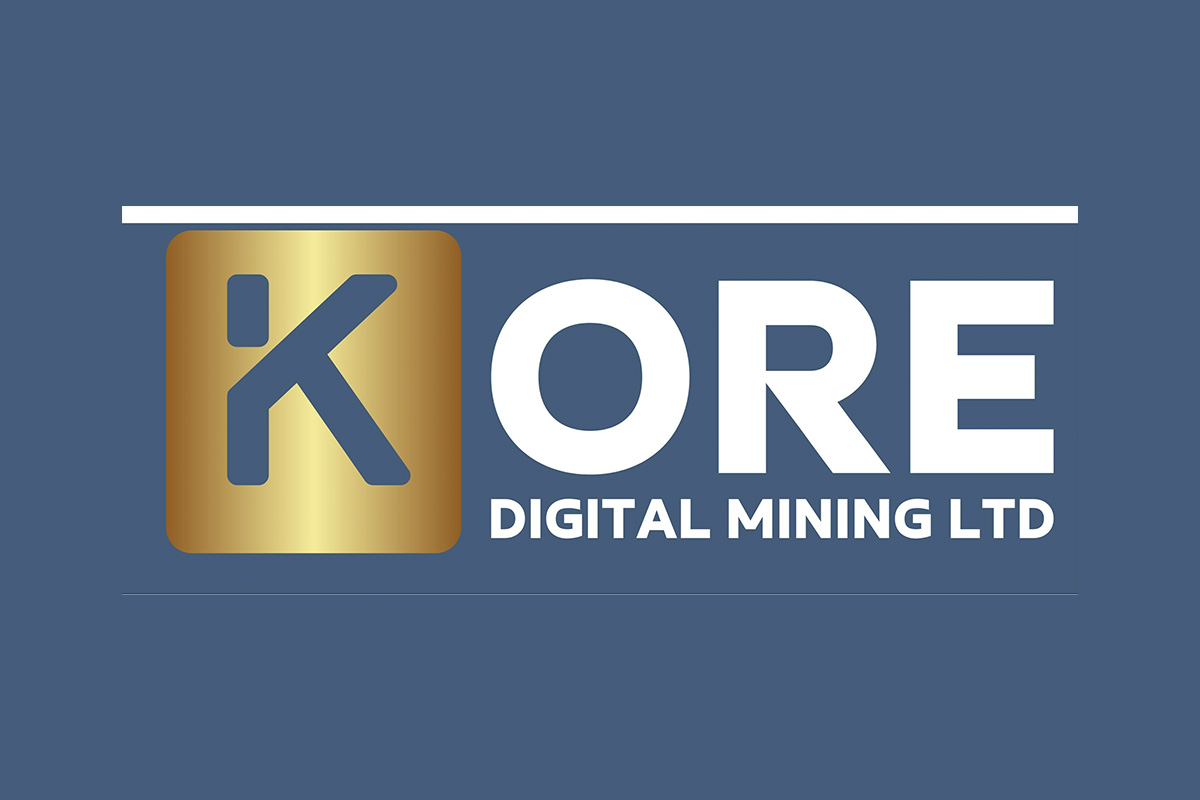
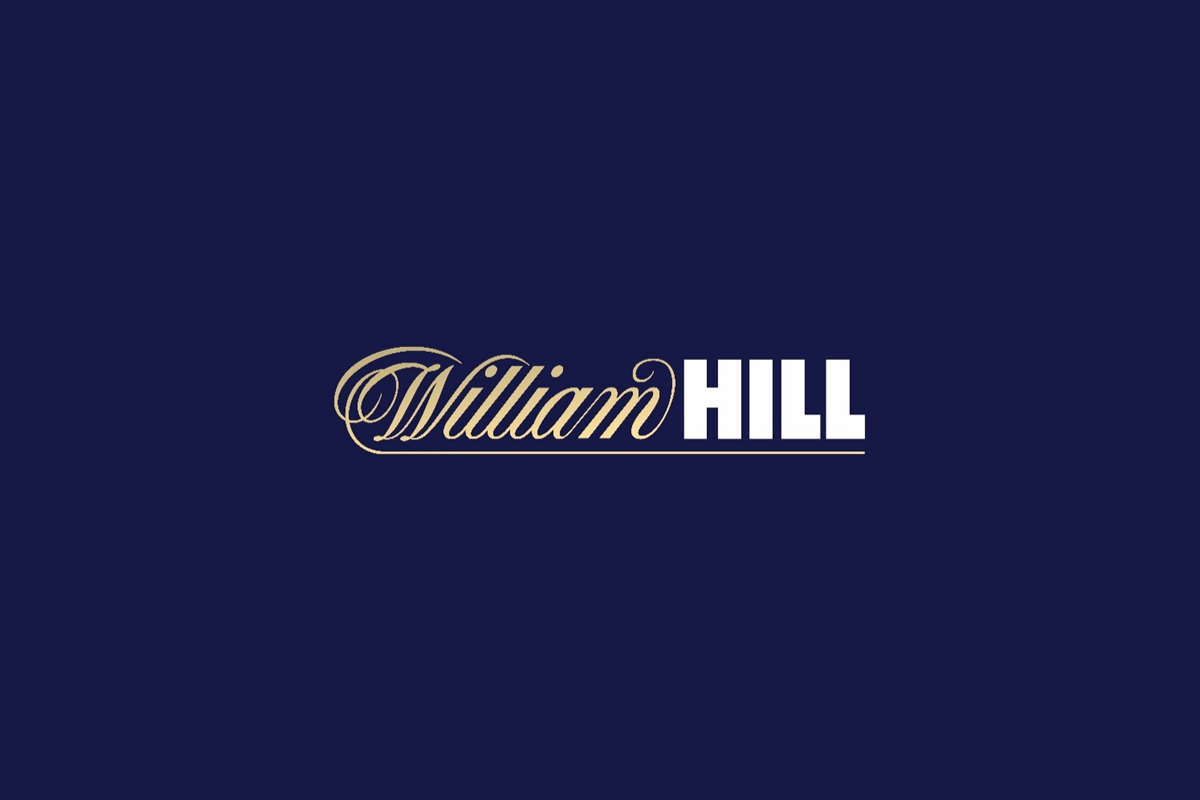

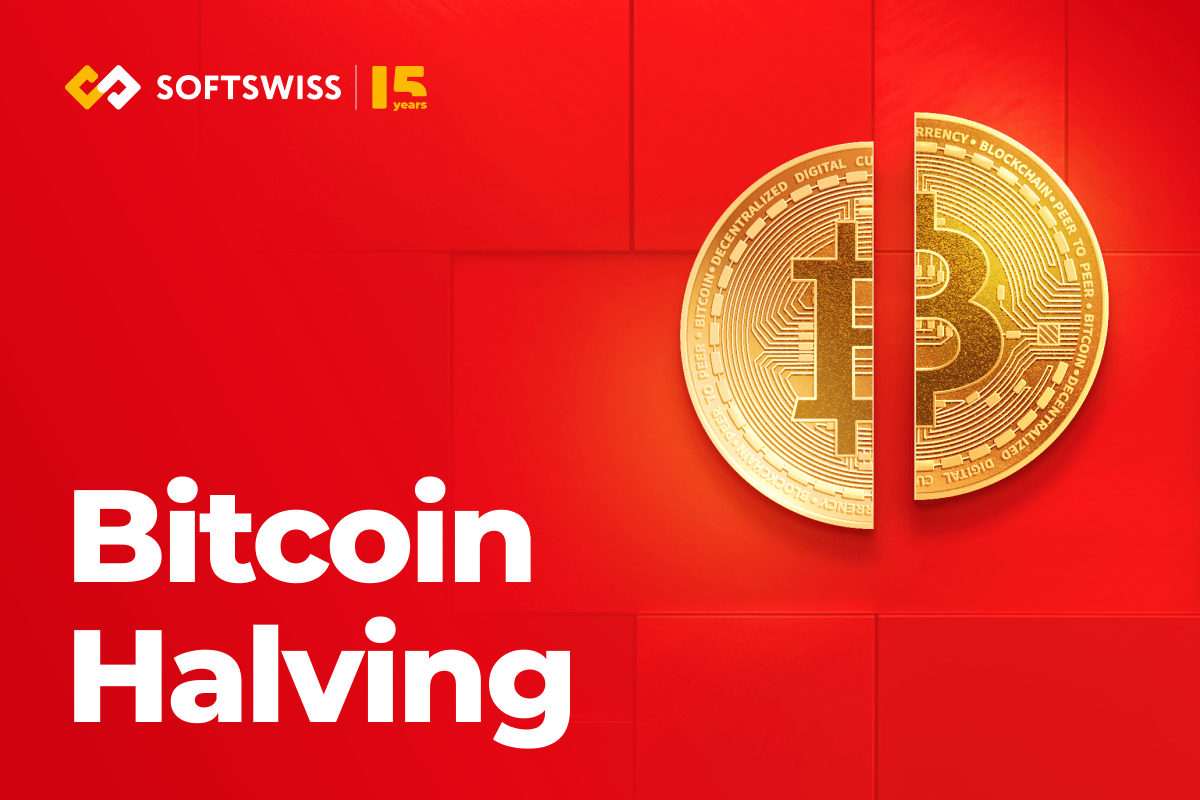

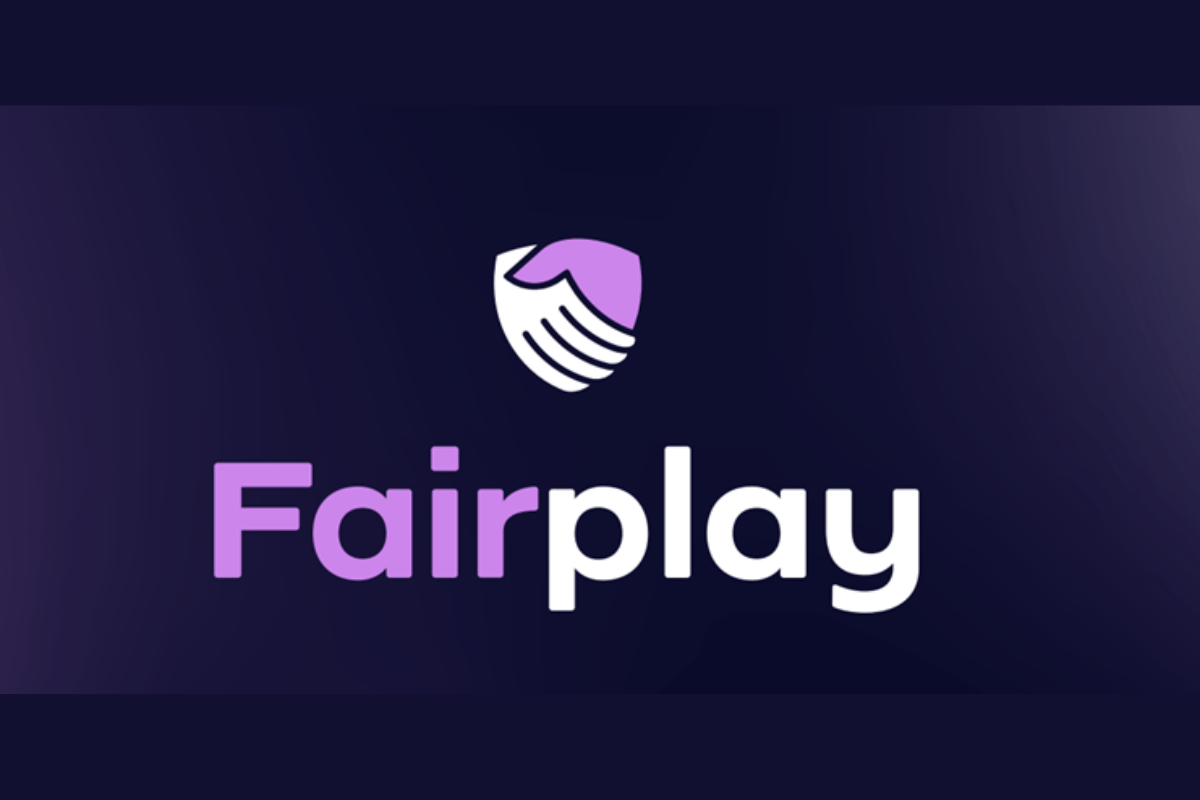
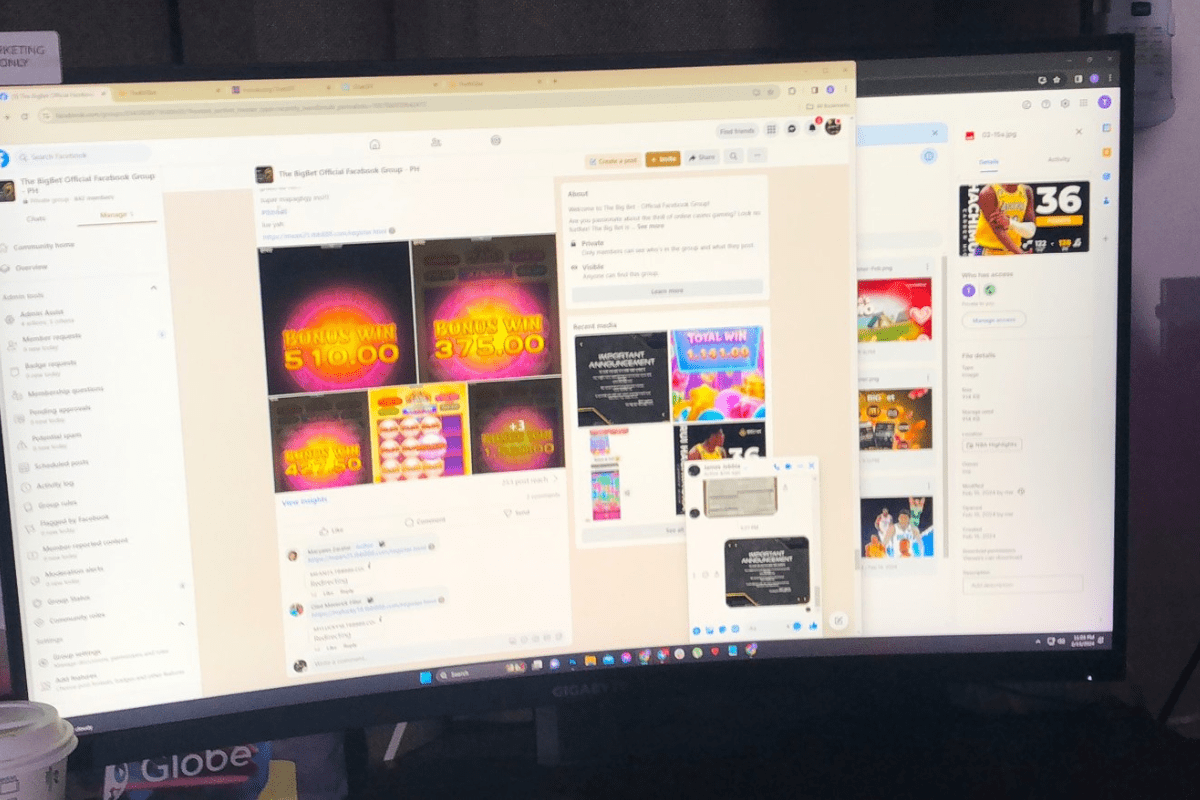
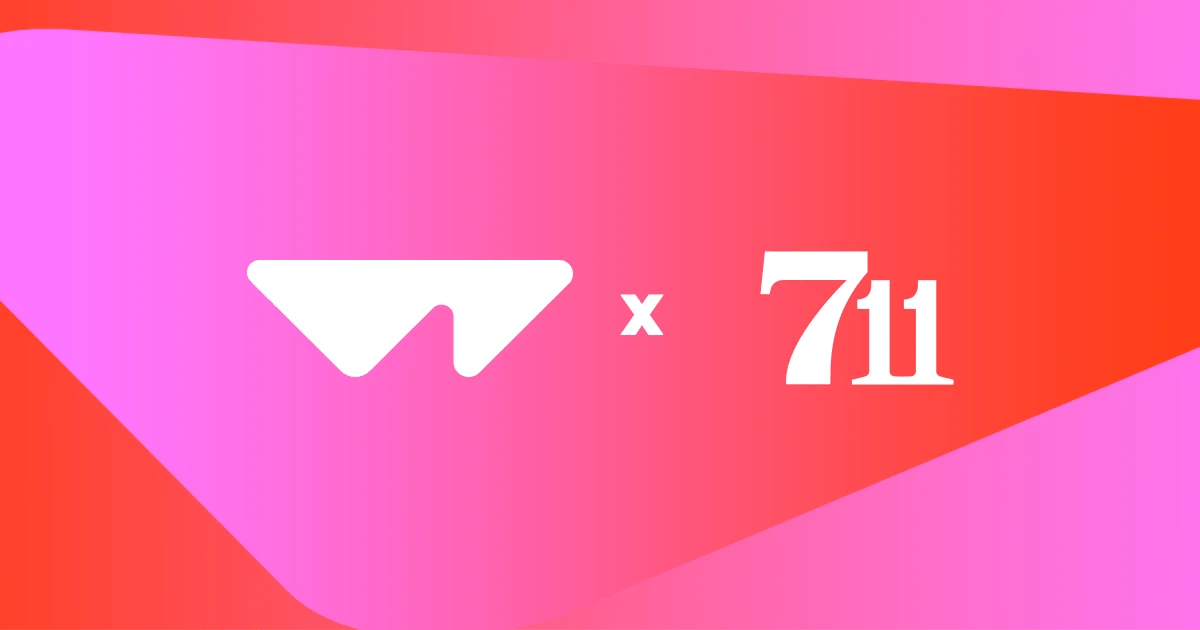
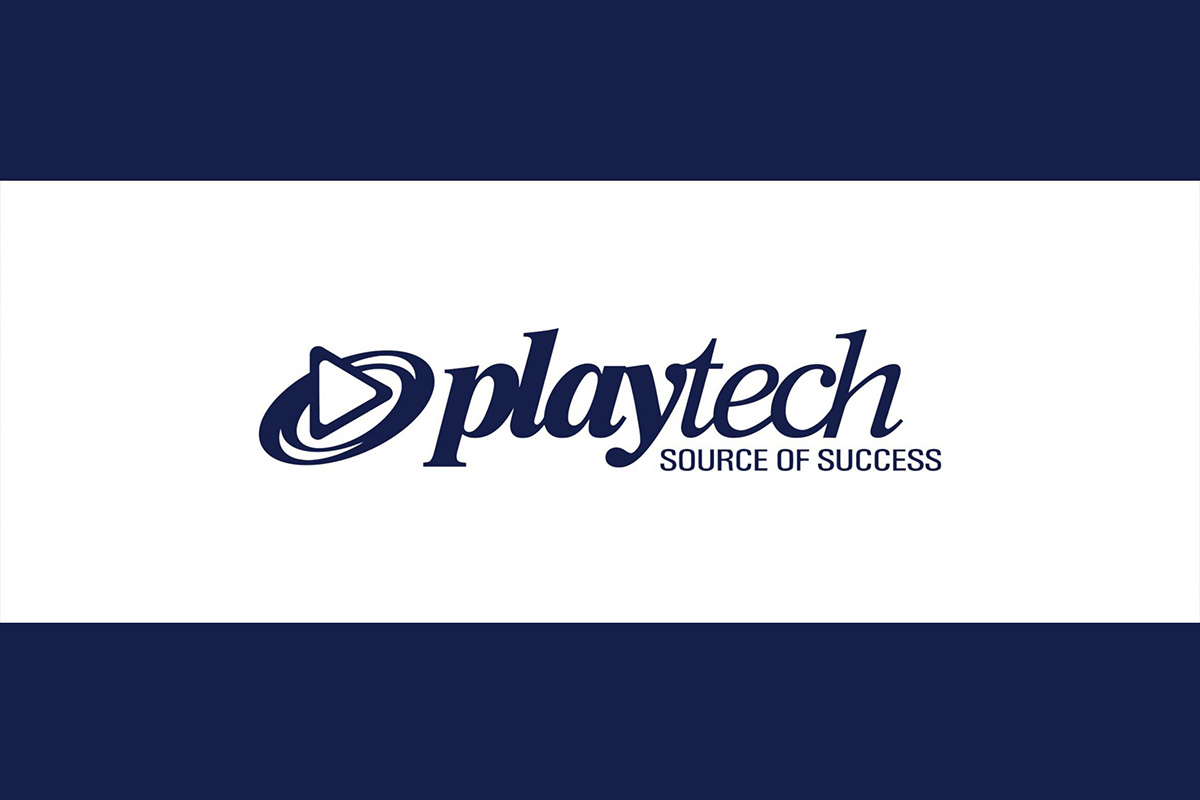


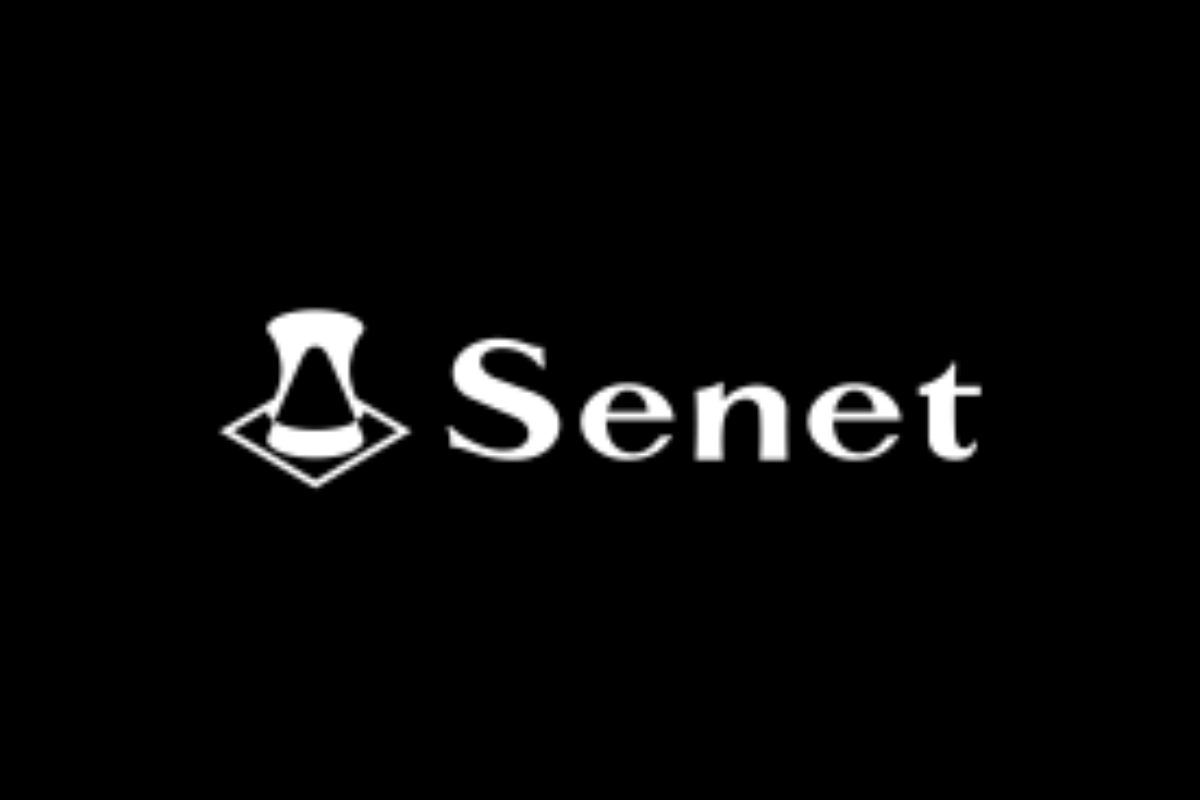
You must be logged in to post a comment Login